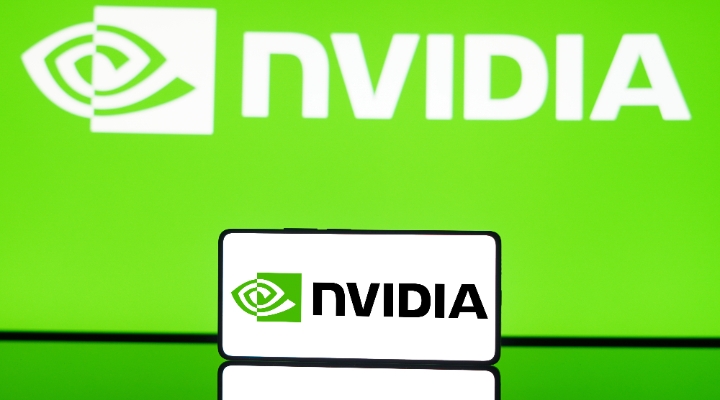
Private equity (PE) is a key part in the life of some of Britain’s biggest and well-known companies, but despite being a well-used phrase the industry is often misunderstood by investors. How does it work? We look at five key questions.
What is Private Equity?
Private equity firms provide funding and expertise to allow a company to expand or restructure. A company may not be able to raise this money through traditional means such as bank loans, or by issuing shares on the market. Often a company is too risky so it needs early backers to foot the bill who hope to be rewarded later down the line. PE doesn’t wave a blank cheque book, though, as it is providing funding for a controlling interest in the company, trading expertise and funding for equity. “Fast-growing companies that are not publicly traded give professional investors equity in exchange for the funding and mentoring they need to continue growing,” says Pitchbook, a data and research company owned by Morningstar. That's a key aspect of how PE works: providing funding and the technical skills to turn a poor performing or early-stage firm into a successful one.
How Does it Work?
As an investor in a public company, I can buy one share and that may give me a vote at the AGM, but I don’t have the power to change the chief executive or insist on a new strategy. As co-owners in the business, private equity firms can take a struggling company in a completely new direction. “Private equity is a good way to manage change,” says John Moore, an investment manager for Brewin Dolphin. He says that this often involves very tough decisions that are often better achieved behind closed doors. “Private equity often involves doing things differently, away from the public gaze,” he says. Public companies, however, are tied to strict reporting guidelines, are accountable to all their shareholders, especially when it comes to paying dividends. A firm committed to paying out a certain percentage of its profits to shareholders is more limited financially than one that isn’t.
Is it All About IPOs?
PE comes on the radar when a company goes public by listing on the stock exchange. That event usually means the public can get their hands on the shares, and that’s often the end of the process for private equity investors – it’s usually known as an exit for these type of investors. A common misconception is that private equity is the same as venture capital (VC), which often provides funding for high-growth companies such as Facebook and Airbnb. Often VC firms provide the capital with the hope of making a return, but often have less control, and use less gearing or borrowing than private equity. Brewin Dolphin’s Moore prefers the term “private growth capital” for this segment of the industry than “venture capital”. VC funding often looks for a quicker return than PE, which typically has a five-year time horizon to turn a company around.
Blockbuster tech floats and surging stocks in 2020 have led more money being poured into “unicorns” by early investors.
Is Private Better Than Public?
One interesting aspect of private equity is that it can be a two-way process: as well as taking private companies public, listed companies can also be taken private. Roadside recovery firm AA (AA.) came out of private equity hands when it floated in 2014 at 250p, and has fallen nearly 90% since. Private equity buyers are now looking to take the company out of public hands again and are offering investors a 40% premium to take the shares off their hands. AA is an example of a company that has swung between private and public ownership in the last twenty years, but there are many more.
So is it better for a company to be privately owned or listed? At Morningstar we focus on listed companies but many fund experts note that there supply of great stocks is dwindling – the manager of Scottish Mortgage Trust (SMT), James Anderson, says that the stocks that provide outsized returns make up a tiny proportion of the available universe of listed companies. His big bets on the likes of Tesla have made the trust one of the best performers this year, but if this trend persists than that will have big implications for index tracking as a strategy - a theme that Morningstar's John Rekenthaler explores in a recent article.
Is it Too Risky for Me?
Just a small investor would buy a fund to diversify the risk of one of the companies in your portfolio going under, so private equity investors can have a range of unlisted firms under their remit. Like fund managers, they pool investor cash to reduce risk of blow-ups. Far from being a sector available to high-net worth investors only, there are a number of funds and trusts that can give you access to private equity growth. Investment trusts are a popular way to play this theme – we recently spoke to a range of private equity fund managers to discover the current trends in the sector. FTSE 100 firm 3i (III) has a five-star rating from Morningstar and has delivered five-year annualised gains of 23% in share price terms and 18% over 10 years.





























